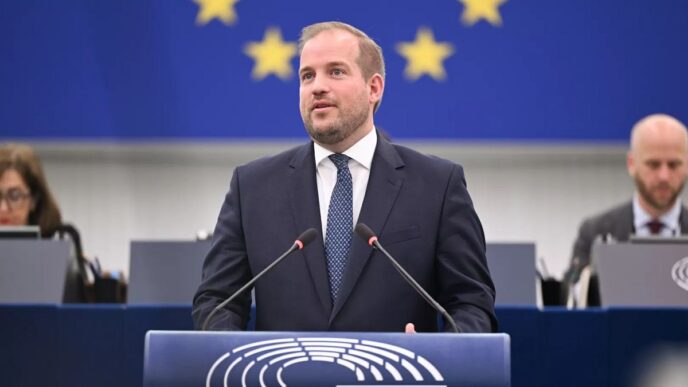AI reanimations of the dead have hit the courtroom, concert stage, and classroom — sparking fresh debates about ethics and consent.
The most gripping case: On May 8, 2025, an AI-generated video of Christopher Pelkey, a man killed in a 2021 road rage shooting, delivered a victim impact statement at his killer’s sentencing. The presiding judge said the AI’s performance moved them deeply and handed down the maximum manslaughter sentence.
Meanwhile, Israel’s 77th Independence Day was set to feature a concert with four iconic singers brought back via AI video and sound. All were deceased. Yardena Arazi, a living singer, was to perform alongside these AI revivals. She pulled out, citing the political climate, and the show was canceled.
The BBC rolled out a deepfake Agatha Christie to teach a mystery writing course. AI Christie was designed to inspire prospective writers, making the author a digital instructor.
These deepfake reanimations are distinct from “griefbots” — chatbots that mimic the deceased’s text and social media style to comfort loved ones. The deepfakes here push legal, political, and educational narratives.
The core issue: consent. Would Pelkey have agreed to his virtual courtroom testimony? Would the dead Israeli singers have approved performing at a politically charged event? What would Agatha Christie think about teaching with her AI twin?
Legal estate holders might sign off on these projects, but moral questions run deeper.
There’s also the impact on legacy. Death often elevates reputation through scarcity and mystery. AI avatars constantly resurfacing risk diluting that legacy.
Political spin is another danger. Using AI versions of dead icons to sway public opinion or legal outcomes manipulates emotion and nostalgia — consider how the Soviets revered Lenin’s corpse.
On the flip side, AI reanimations could serve noble goals. Imagine a digital Martin Luther King Jr. calling for unity today, or Mordechai Anielewicz confronting Holocaust denial in court.
But do we know what they’d actually say about modern issues? Even if their views align, audiences can be emotionally manipulated by these vivid fakes.
As for education, AI Christie or Aristotle could engage students more, but might also reduce learning to passive interaction with flashy avatars.
The lasting takeaway? The dead live on through human memory and reinterpretation, not digital copies. Using AI to resurrect them risks disrespecting both the departed and our own critical thinking.
Christopher Pelkey’s AI impact statement video:
No one knows with certainty what Martin Luther King Jr. would say about today’s society:
"The trial judge reported being deeply moved by this performance and issued the maximum sentence for manslaughter."
"Officials had planned to host a concert featuring four iconic Israeli singers… In the end Arazi pulled out, citing the political atmosphere, and the event didn’t happen."
"Fake Agatha would instruct aspiring murder mystery authors and ‘inspire’ their ‘writing journey.’"
The ethical and cultural dilemmas around AI “reanimation” are just heating up.














